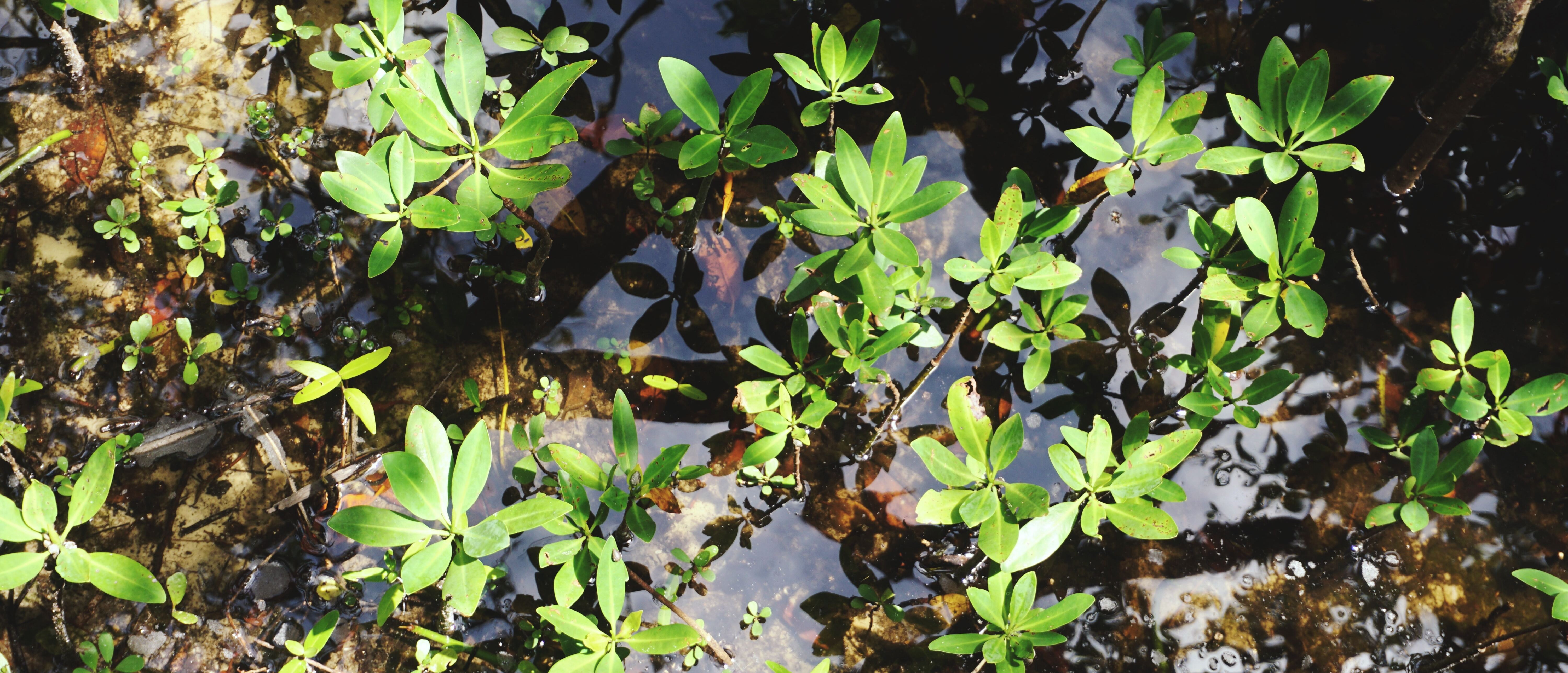
FAO Activities
FAO has carried out considerable work on mangroves, including the assessment of mangrove extent, conditions, trends and drivers of change at the global, regional and national levels. Under various projects, FAO has also supported countries in the planning,
implementation and monitoring of mangrove management, restoration and conservation activities. In addition, FAO helps countries in meeting their international commitments, including the 2030 Sustainable Development Agenda and the Paris Agreement,
as well as restoration pledges and biodiversity strategies. Through these activities, FAO promotes the strengthening of enabling environments and integrated approaches to sustainable mangrove management.
In forestry, FAO supports countries in the implementation of sustainable forest management. Important efforts in this regard include:
- Providing reliable and valuable information to policy makers in countries;
- Providing technical knowledge and assistance to forestry projects in the field; and
- Helping countries to implement institutional arrangements and policy instruments that will improve the livelihoods of all forest stakeholders, especially those most dependent on forest resources.
Several FAO forestry programmes contribute directly to improved management and monitoring of mangroves. These include:
Furthermore, FAO’s mandate includes fisheries management and aquaculture. One focus of FAO is assisting the implementation of activities within the Blue Growth Initiative (BGI), a global initiative that aims at building resilience of coastal communities and restoring the productive potential of fisheries and aquaculture, in order to support food security, poverty alleviation and sustainable management of living aquatic resources. The BGI focuses on key aquatic ecosystems including mangroves that are recognized as providing valuable ecosystem services.
Finally, FAO works on a coherent and coordinated approach to sustainable land and water management, stressing the importance of integrated landscape management approaches based on the three dimensions (economic, social and environmental). With this expertise, FAO is able to provide crucial knowledge and capacity to foster effective integrated management of both land and water resources in mangrove ecosystems, while harnessing the potential of mangroves for climate change adaptation and mitigation.
FAO in action

